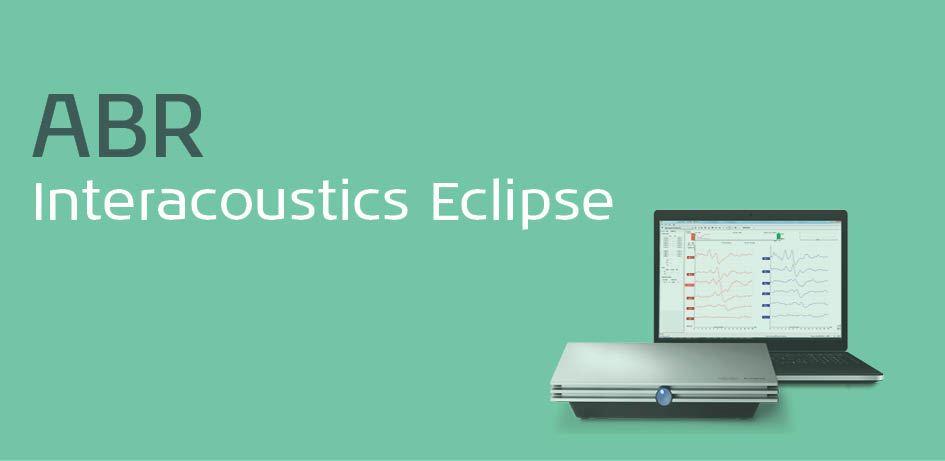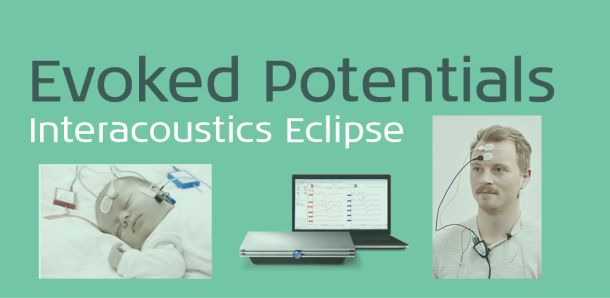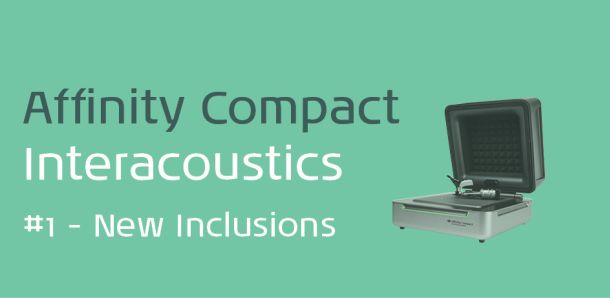Responsible for telling our brains which way is up, which way we are moving and where our bodies are in relation to gravity, it’s not surprising that impairments of the vestibular system can have an impact on children in their development. And yet until the 21st century, it was thought among most therapists, researchers and physicians that “children do not have vestibular problems”.
The vestibular system is housed in the inner ear, close to the auditory system and thus of great interest to audiologists, physical therapists and other allied health specialists. Many of the functions of the vestibular system — including balance, spatial orientation and memory, and bilateral coordination — are still developing in young children. This makes it difficult to spot when something isn’t quite right, especially with an impairment that has been historically under-identified and not addressed.
Research into paediatric vestibular dysfunction has increased in the last 20 years, including on the effectiveness of intervention and the experiences of children with both hearing loss and vestibular impairment. With scientists in the field indicating the importance of creating partnerships between allied health professionals and developing clinical action plans for paediatric patients, it might be time to consider bringing vestibular services into your audiology clinic.
The impacts of vestibular dysfunction
Children with dizziness or balance problems may be experiencing vestibular migraine, benign paroxysmal positional vertigo (BPPV) of childhood or vestibular hypofunction (VH). Migraine-related vertigo is the most common diagnosis for dizzy children, with more than 50% of children who suffer from vertigo or dizziness also having headaches. Vertigo or imbalance can also be symptoms of conversion disorders or physical manifestations of a mental health disorder.
For children with a hearing loss, spells of vertigo may actually be disequilibrium due to congenital or acquired vestibular impairment related to the cause of their deafness. In fact, Dr Cushing writes: “70% of children with sensorineural hearing loss will have some form of vestibular end-organ impairment on objective testing.”
Children with sensory deficits plus hearing loss, may have motor delays and lifelong impairments, such as difficulties with things like walking, learning and memory. Research also suggests that children with VH can experience “a progressive motor development delay, deficits of static and dynamic balance, and poor sensory integrative function for balance”, while vertigo and dizziness in children can also lead to “delayed postural control, lack of coordination, and the development of paroxysmal head tilt”.
Latest Articles

ABR Interacoustics Eclipse

ASSR and ABR Comparison on the Eclipse
